The Ministry of Home Affairs is seeking comments to complete the draft Decree regulating civil servant positions. According to the Ministry of Home Affairs, this regulation helps unify the approach from the central to local levels, limiting the situation where each place builds its own system.
Regulations on ranking ratio according to job position
The draft submission of the Ministry of Home Affairs clearly states that the issuance of the Decree is to specify the provisions of the Law on Cadres and Civil Servants 2025, and at the same time inherit the descriptions and lists of job positions that have been approved previously.
According to the draft, the Government will issue a unified framework for job positions, replacing the previous mechanism in which each sectoral management ministry issued separate instructions.
The list of job positions includes 6 large groups: Leadership and management positions; professional expertise; shared expertise; support and service; professional positions of the Provincial People's Council; civil servant positions at commune, ward and special zone levels. Attached is a system of sample job descriptions and competency frameworks for each type of position, from leadership positions, senior experts to specialists and officers.
This draft stipulates the mechanism for ranking civil servants according to job positions associated with the proportion of civil servants assigned to each rank in both ministries, branches and localities.
The Ministry of Home Affairs proposes that in ministries and ministerial-level agencies, the proportion of civil servants ranked as senior experts in specialized advisory departments must not exceed 40% of the total staff of the department; in general or internal management departments must not exceed 30%; in bureaus must not exceed 20%.
At the local level, the heads of provincial professional agencies and the chief of office of the People's Council and People's Committee of the province are ranked as senior experts; the number of deputies must not exceed 50% of the number of deputies as prescribed. The specialized departments under the department must arrange no more than 50% of civil servants to be senior experts or equivalent.
According to the Ministry of Home Affairs, this mechanism aims to ensure differentiation according to capacity, in accordance with the functions and tasks of each organization and actual workload.
The draft also adds many new bases when determining job positions, including digital transformation requirements, the level of office modernization, working equipment and national human resource development strategy.
For localities, the construction of job positions must take into account geographical characteristics, population size, urbanization rate, security and order situation and socio-economic conditions.
The Ministry of Home Affairs emphasizes connecting, updating and sharing data on job positions among ministries, branches and localities to meet modern management requirements in the coming time.
Procedure for handling civil servants who do not meet job position requirements
According to the draft, by December 31, 2026 at the latest, ministries, branches and localities must complete and issue decisions approving the list of job positions according to the new regulations. By July 1, 2027, all arrangements and ranking of civil servants according to approved job positions must be completed.
The draft clearly stipulates cases where civil servants are expected to be assigned to a job position but do not fully meet the requirements. In that case, the head of the agency employing the civil servant must temporarily arrange a position corresponding to the current rank for 12 months for the civil servant to complete the position.
After this period, if the requirements are still not met, the agency will consider arranging a position with a lower rank, or transferring to another agency with a suitable position. If the arrangement cannot be made, it is recommended to implement staff streamlining according to regulations.
According to the Ministry of Home Affairs, this regulation marks an important step in the direction of "abolishing lifelong tenure" while creating a screening mechanism based on task performance capacity, directly linked to job position requirements./.
Source: https://www.vietnamplus.vn/bo-noi-vu-de-xuat-den-dau-thang-72027-hoan-thanh-sap-xep-cong-chuc-theo-vi-tri-viec-lam-post1078854.vnp







![[Photo] Next to the "mountain of trash" after the flood, Tuy Hoa residents strive to rebuild their lives](/_next/image?url=https%3A%2F%2Fvphoto.vietnam.vn%2Fthumb%2F1200x675%2Fvietnam%2Fresource%2FIMAGE%2F2025%2F11%2F24%2F1763951389752_image-1-jpg.webp&w=3840&q=75)
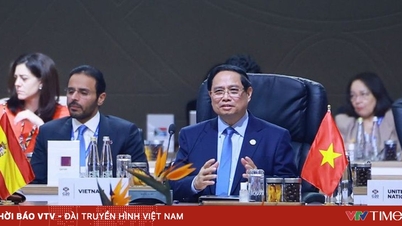

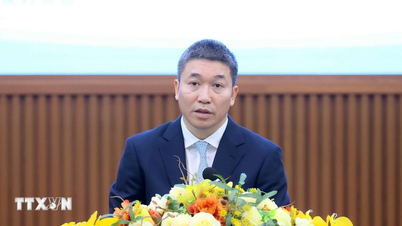
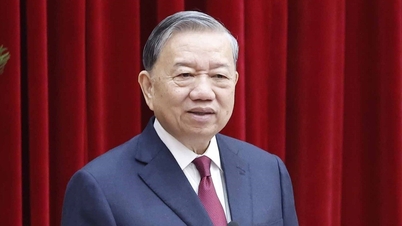

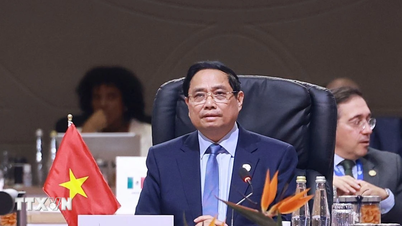
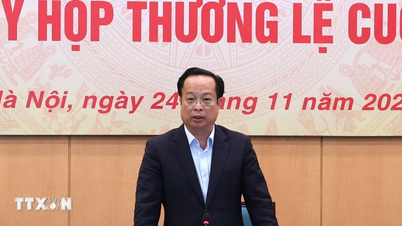










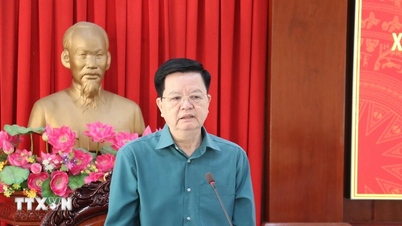

























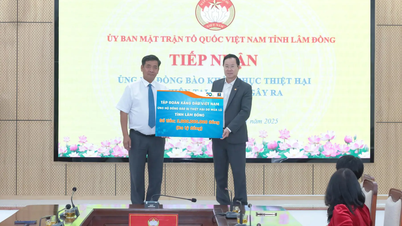
















![[Photo] General Secretary To Lam attends the National Conference to review the Party's inspection, supervision and discipline enforcement work in 2025 and the 13th Congress term](https://vphoto.vietnam.vn/thumb/402x226/vietnam/resource/IMAGE/2025/11/24/1763967570884_anh-man-hinh-2025-11-24-luc-13-59-19.png)








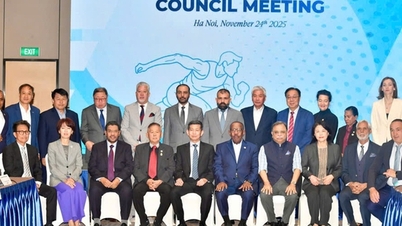





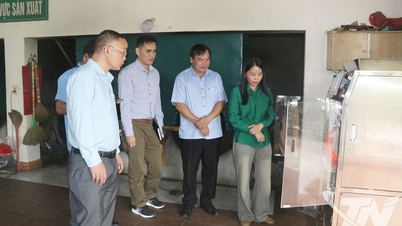
















Comment (0)